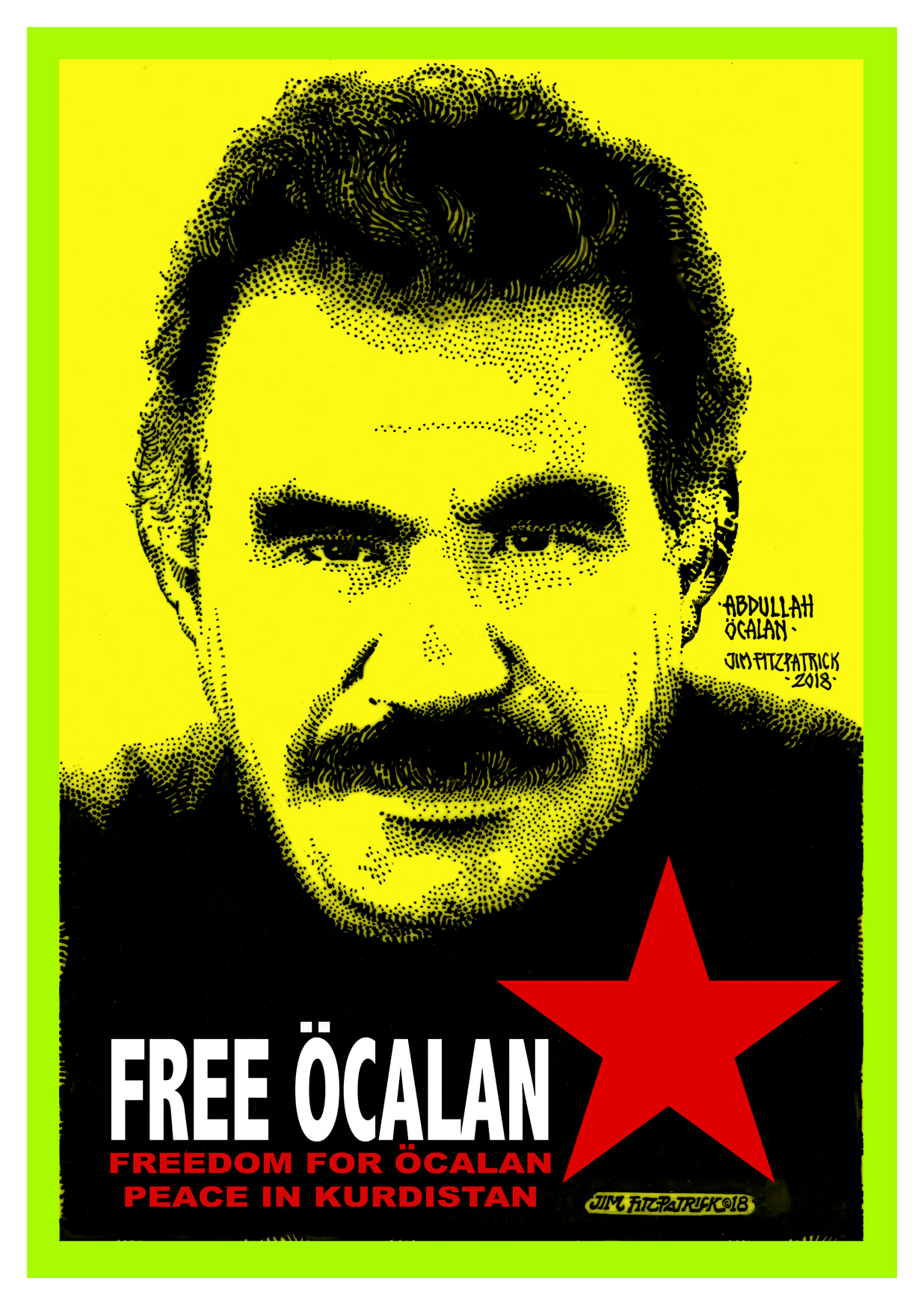«Socialism Without Markets: Democratic Planned Socialism»: Al Campbel
 I. INTRODUCTION
I. INTRODUCTION
1. Two interrelated issues inform the debate between socialists who advocate Market Socialism and those who advocate socialism without markets, Democratic Planned Socialism (DPS).1 The first is if socialism without markets is feasible. David Schweickart, who calls his most left wing of all market socialist models “Economic Democracy,” flatly asserts: market socialism “is the only form of socialism that is, at the present stage of human development, … viable …” (1998: 10). From a logical point of view, one should as well consider the question of if market socialism is possible. In fact, a few advocates of socialism without markets have made that point, for example Bertell Ollman (1988) and David McNally (1993). By-in-large, however, this issue has not been included on the debate menu, while the question of the feasibility of socialism without markets has: advocates of socialism without markets have felt it necessary to defend their vision as feasible, while advocates of market socialism have not felt the same necessity. The second issue is, if both models are in fact possible, which would be more desirable.
2. Early attacks on capitalism, precursors of the modern socialist movement, were almost all strictly anti-market, based on the dehumanizing effects of markets, and distribution was to be affected according to need.2 Similarly, the early socialists identified (generalized) markets with capitalism, and hence were clearly anti market. The subject of this conference, Marx, was very clear in his opposition to markets in socialism (1875). Other early socialists who outlined something of their vision of a socialist society withoutmarkets were Bellamy (1888), Kautsky (1892), Bukkarin and Preobrazhensky (1918), and Neurath (1919).
3. These early visions of socialist societies without markets were attacked by opponents for being very vague on a number of central issues concerning how they would function: how the non market planning would be done, how people would be remunerated, how various different actors would be motivated to do what the plans were based on them doing, and so on. Recently, a number of people have put forward extensively worked out models that address these issues at a mid level of abstraction, much more concretely than the earlier generation of non market socialist visions.
4. This paper is not fundamentally about the debate between market socialists and socialists who reject markets. It is the position of this paper that there not only is a way to organize a socialist economy and society without markets, there are many ways it could be done. This paper will discuss four of these. In doing so, this will in passing underline the position in the debate with the market socialists that, contrary to the assertion of Schweickart, there indeed is a way (in fact many ways) to organize a feasible non market socialist economy. But for the interests of the author, that is considered a given, and the purpose of this paper is rather to consider the relative desirability of various aspects of a non market socialist economy, aspects which the models considered handle differently.
5. While there are other recent works advocating various visions of non market socialism, the three that have been outline the most fully in the published literature are those by Devine (1988), Albert and Hahnel (1991a and 1991b), Cockshott and Cottrell (1993).
6. These three models and mine that I will consider share more than being models of socialism without markets. I consider all of them to be DPS models. Since I will be arguing that some aspects of some of the models are less desirable than other ways of achieving the same goals, I want to stress two things in passing to try to assure that the reader is not left with an incorrect impression of my view of these models: 1) all of these models are more desirable than either capitalism or any version of market socialism, and 2) all of these models are broadly viable.
7. This paper will have two main parts. Following a brief but necessary discussion of the goals of socialism, the first main part will be an outline of economic procedures that I maintain would yield a DPS that would be both feasible and desirable. In the second mainpart I will discuss some aspects of the three models worked out above that I think are not as desirable as certain alternatives. I will not try to give a full discussion of these models. On the one hand, to do so would require a book length work. But beyond that, I not only agree with the general thrust of all three of these models, I agree with many of their specific proposals, either as the best way to achieve something, or more often as at least a good way among a number of possible good ways to achieve something. Hence my discussion will be focused very largely on what I disagree with, which are only small, though sometimes important, parts of the models.


























